

Monday, Sept. 18 — This is the first in a four-part series about IU's system of sexual assault investigations. For more information about this series, click here. If you believe you have experienced sexual assault or have an ongoing case and need support, click here for a list of resources. Contact our investigations team if you have further questions or would like to share your story.
***
The freshman didn’t want to go. She was so anxious about sitting in the same room with the man who raped her that her roommate found her sobbing that morning in their dorm bathroom. The roommate calmed her down and talked her into showing up for the hearing. In the hearing, she noticed the words written on the wall.
Integrity. Civility. Fairness.
Josie Levine, 18 at the time, had reported to IU’s Office of Student Ethics that another student had assaulted her in her room at Collins Living-Learning Center while she slept. Josie doesn’t recall much about that night in the fall of 2013. She’d been drinking with friends, and they had put her to bed early. At around 3 a.m., another freshman who lived one floor up let himself into Josie’s room where she says the man raped her.
A month and a half later, Josie was sitting in front of a panel of three hearing officers from IU who would decide the case. The accused student sat just feet away, separated from Josie by a temporary divider meant to help her feel safe. But the divider did little to stop the student from craning his neck around it to taunt her.
“You’re so beautiful,” she remembers him repeatedly telling her. “Why would I ever want to do anything like this to you?”
Despite policies preventing direct contact between students during these hearings, Josie says the panel of University employees did nothing to stop the other student’s behavior. A victim advocate accompanied Josie in the hearing room, but the University’s rules didn’t allow the advocate to speak.
After the seven-hour hearing, the panel found the other freshman responsible for sexual assault and suspended him for a year. Josie was shocked to learn he hadn’t been expelled. What if he returned before she graduated?
“It was such a slap on the wrist,” she said.
Her disillusionment with the Office of Student Ethics is all too common. Over the past year, the Indiana Daily Student has interviewed a dozen women who reported sexual assault to the Office of Student Ethics, recently renamed the Office of Student Conduct. On a campus plastered with flyers touting IU’s intolerance for sexual violence, many of these women said the system let them down.
“I feel like on a scale of A to F in effort, they failed,” said Hailey Rial, 20, who reported being sexually assaulted as a freshman. “This is supposed to be a process that is both quick and efficient and fair, and I don’t think it was quick, efficient or fair.”
Many women prefer to remain anonymous after reporting sexual assault. But for this series, several students were frustrated enough with their experiences at IU that they agreed to be identified.
Stephanie Chinn, 23, told IU that another student had raped her at a fraternity formal. But her case was drawn out for an entire school year, she says, when the Office of Student Ethics lost her file.
“It was like someone broke both my legs, and then Ethics told me to like run as fast as I can just to hit a brick wall,” she says.

In recent days U.S. Secretary of Education Betsy DeVos has critiqued these investigations. Her recent statements announcing a review of federal guidance for how universities should respond to campus rape has angered many women. Some fear calls to end university-led sexual misconduct investigations will discourage survivors from reporting sexual assault. Rape is real, the women believe, and although response to reports of sexual assault is flawed, an improved system can help women fight back.
But, students who reported weren’t the only ones critical of how IU handled these cases. Male students accused in the system were reluctant to be interviewed. Even some who were cleared of such allegations said they feared the stigma of rape following them as they began their careers. But four lawyers who have represented dozens of male students accused in the hearings told the IDS that IU’s system is a sham that violates due process.
“The University has no business litigating and adjudicating things that are out of its purview,” said Amelia Lahn, a Bloomington attorney who used to work in the Office of Student Ethics. The University system lacks the checks and balances of the criminal courts, she said. “It’s just not a safe place to do this kind of hearing.”
One male student, cleared last year of sexual assault accusations, put it more simply.
“The whole process seemed to be engineered against the accused,” he said. “They've completely skewed it so that if you're accused, you have very little wiggle room to try to prove your innocence.”
Among the problems described by students and attorneys:
During hearings, the University silences lawyers and advisers and leaves students to advocate for and defend themselves. Some women have been put in the uncomfortable position of directly questioning their alleged rapists — or answering questions from those men.
The University’s files in such cases are kept secret throughout the investigation, even from the students who are involved. The students are not allowed to see the files — or to read the allegations made against them — until shortly before their hearings, when they have little time to prepare.
The administrator in charge of this system resigned last year after he was accused of sexual assault. The University leaned on a close connection, a retired law professor, to review the administrator’s handling of cases. But the professor did not speak to a single student.
IU issues no-contact and no-trespass orders to protect students from retaliation after they report sexual assault. But IU’s own police department cannot enforce these orders, and the University seldom does more than issue warnings to students who violate the orders.
The hearing officers who decide the outcome of the cases — most of them IU faculty and staff members — receive limited training and lack the experience of lawyers and judges who deal regularly with accusations of sexual violence.
IU strong-arms students called as witnesses in these cases, placing holds on their academic accounts unless they cooperate with investigators. The holds, which are also used against students accused of sexual assault, prevent class registration, transcript requests and graduation. IU officials refused to comment on specific student cases. But the University acknowledges that the stakes are high whenever one student accuses another of sexual assault.
Provost Lauren Robel said in an interview with the IDS that the University is committed to fighting sexual violence. She said the University is constantly working to make the system more sensitive and fair.
“We do try to stay as on top as of this as we can,” Robel said. “No system is perfect. No one will come out with their underlying wounds healed completely.”
Like many IU officials, the provost pointed out that IU is a university, not a police agency, and that student conduct hearings are not criminal trials.
“We try to be as fair as we possibly can with the knowledge that this is not a criminal court. This is an educational institution,” the provost said. “Our goal is not to duplicate the criminal justice system. We’re not a criminal justice system. Our goal is getting students moving back to degrees.”
Nearly all universities have some process for investigating sexual assault. It allows them to uphold their own conduct codes, keep predators off campus and protect students from sitting next to their rapists in class. But across the country, dozens of students — most of them men accused of sexual assault — have filed federal lawsuits arguing these systems violated their rights.
Sexual assault can be hard to define, and students are often reluctant to report, so creating an equitable policy can be difficult. Universities must balance encouraging these students to report with providing fairness to those accused.
“Universities are trying to do the best they can,” said Robel, a lawyer herself. She serves on a board at the American Law Institute where judges and educators debate how institutions such as IU can strengthen their policies for investigating these cases.
But IU’s methods are under more scrutiny than most. IU-Bloomington is the subject of five investigations by the federal Office of Civil Rights, which reviews universities’ handling of sexual misconduct cases. Of the 242 institutions under review as of this summer, only one other university, Cornell University, was the subject of more open investigations than IU.
One of IU’s five investigations involves a complaint filed by Hailey Rial, who reported being sexually assaulted at an off-campus fraternity party in 2015. In her case, IU interviewed dozens of witnesses and conducted a four-hour-long hearing. Ultimately, the hearing officers cleared the accused of sexual assault.
“I just wanted IU to be held accountable.”
Federal law requires all universities to respond to reports of sexual violence, but doesn’t dictate how. The U.S. Department of Education’s Office of Civil Rights offers some guidelines — the same guidance DeVos is looking to reconsider — regarding timeframes and standards of evidence.
But these guidelines leave IU plenty of room to change its system. In a review of policy at more than two dozen schools, including all the other institutions in the Big Ten, the IDS found wide differences in how universities investigate sexual assault. Some institutions allow students not only to see their files, but also provide them with copies — something IU is unwilling to do unless confronted with a subpoena. Some universities do not hold hearings at all, relying instead on written statements from witnesses. Some allow attorneys to speak at hearings on behalf of students.
IU can change its system almost any way it wants.
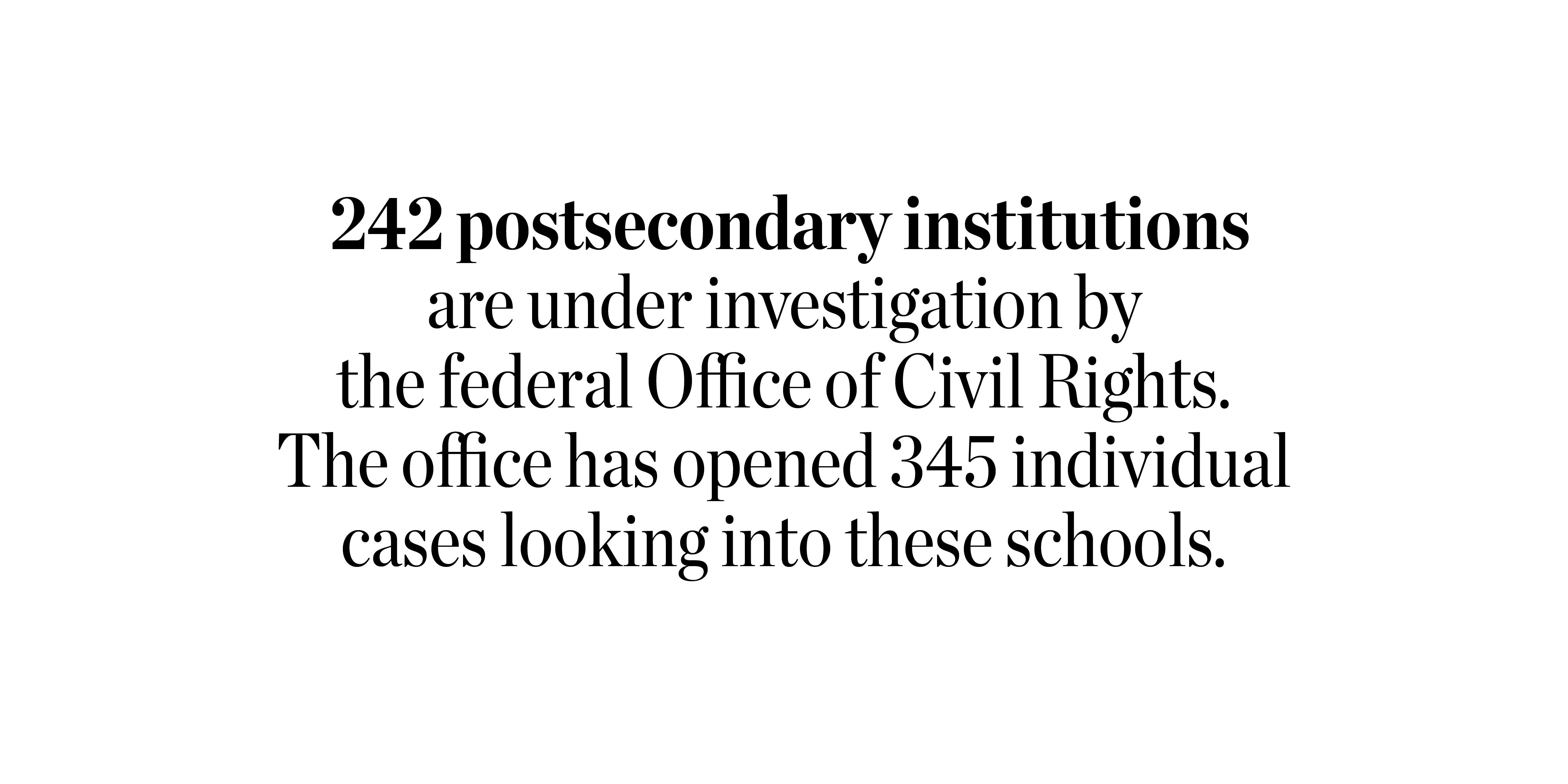
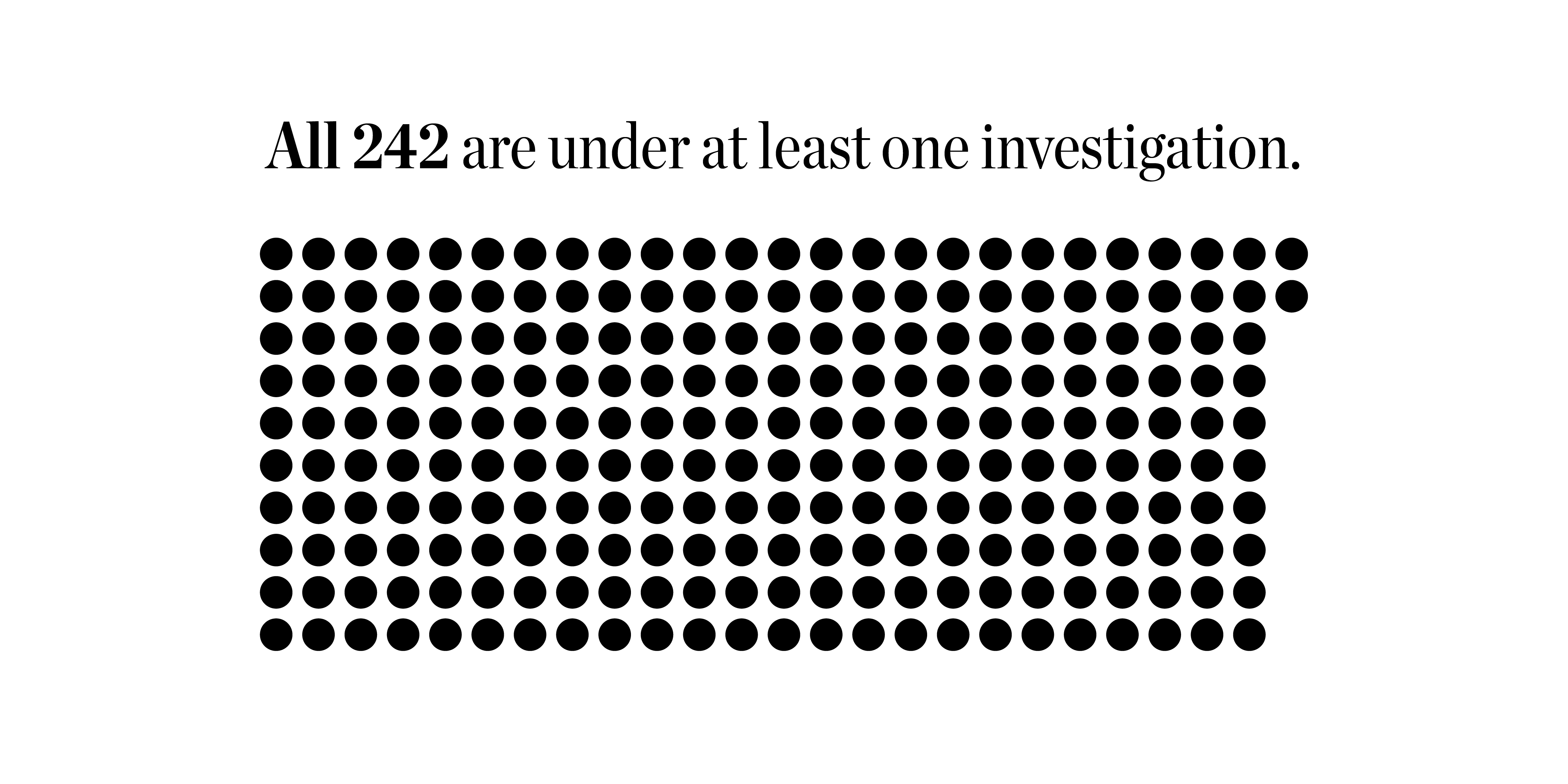
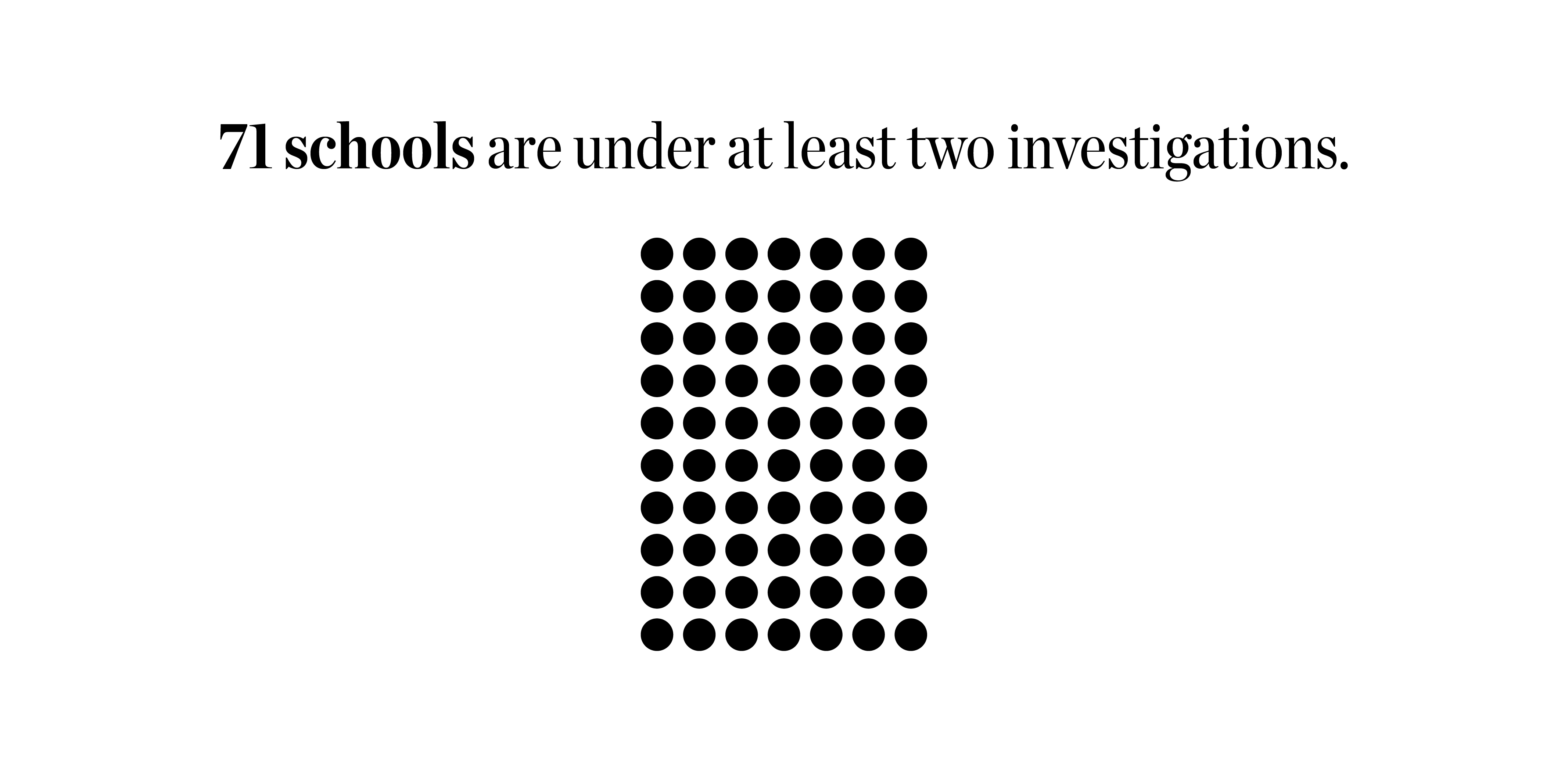
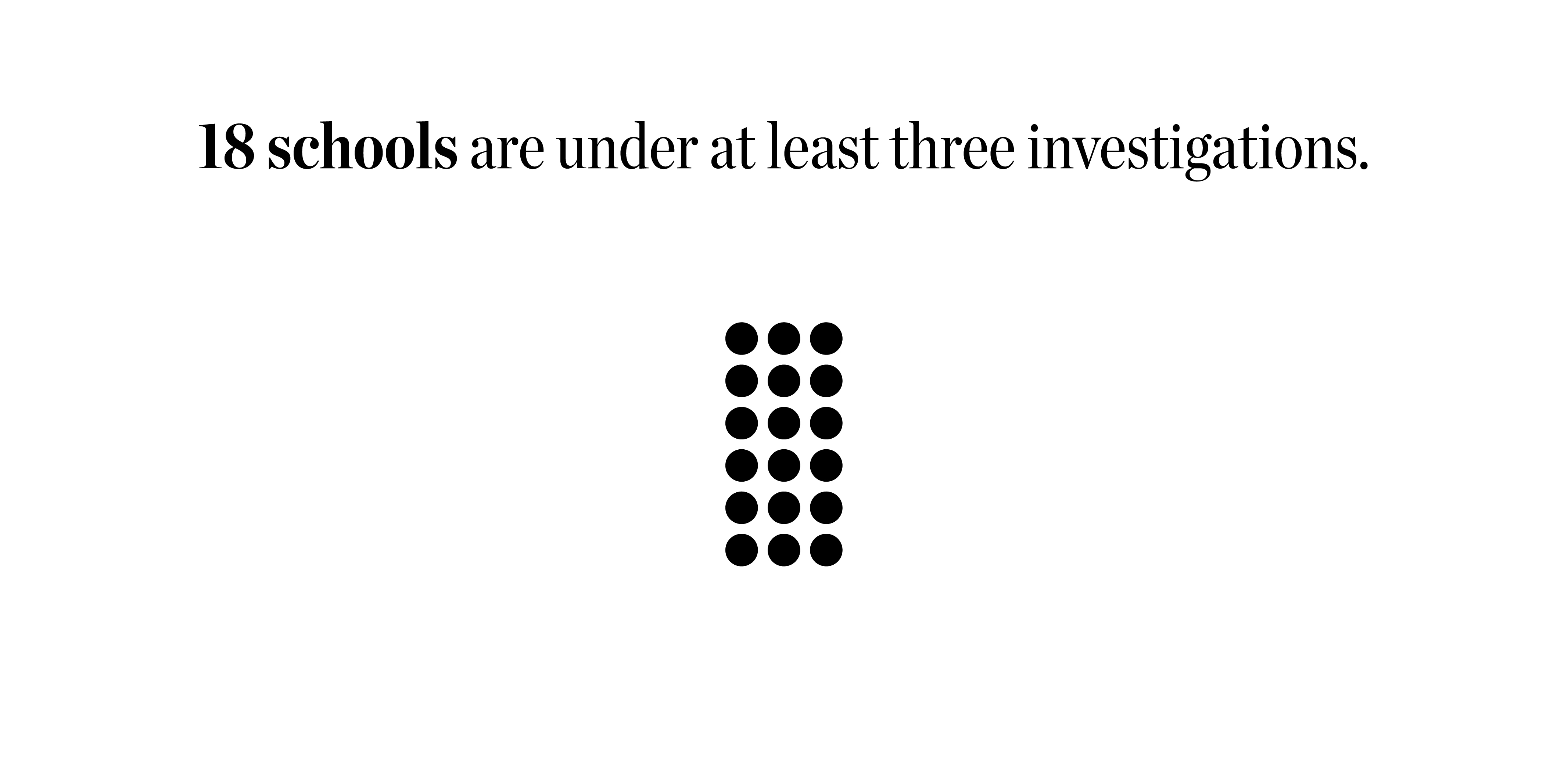
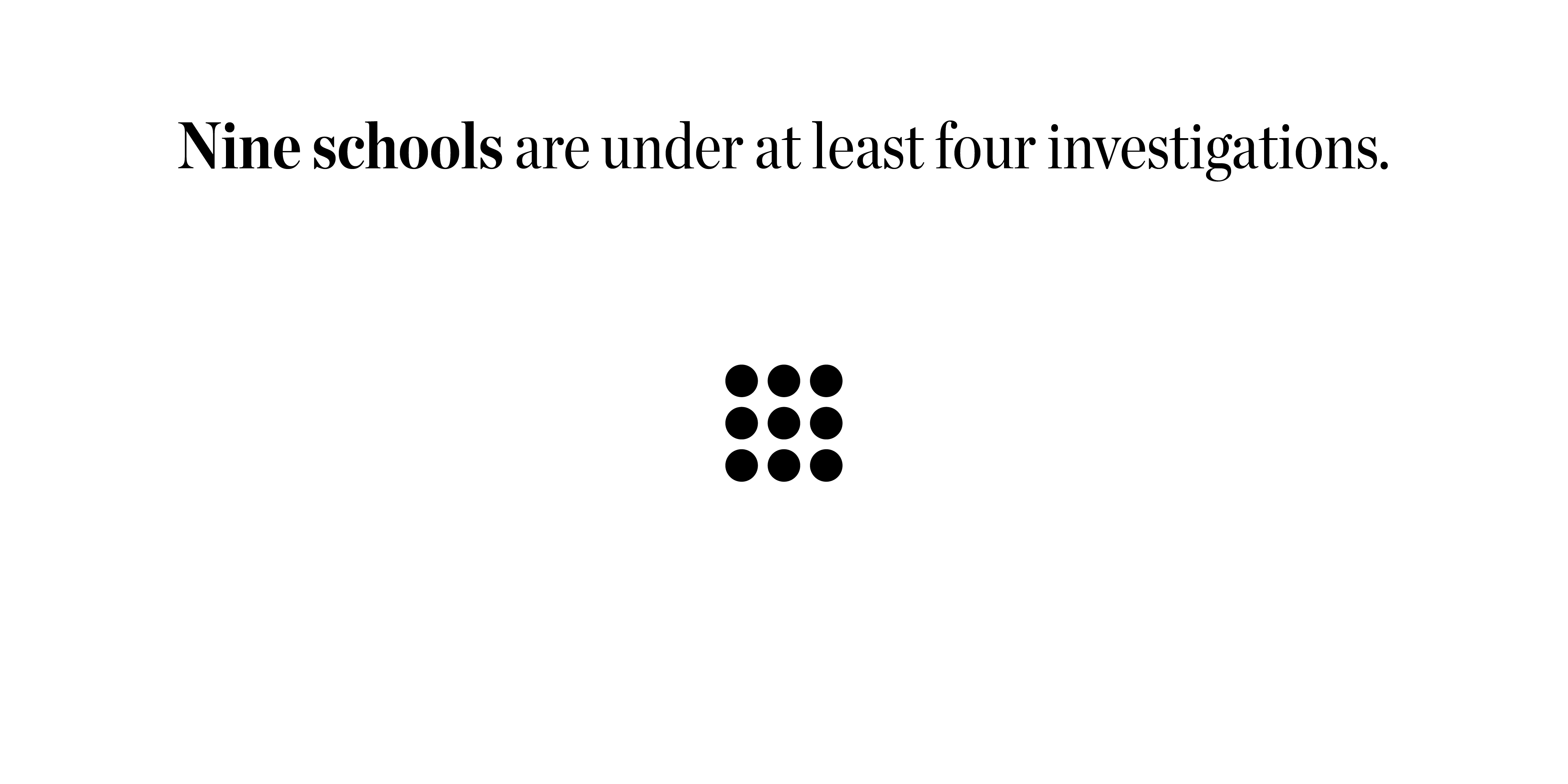
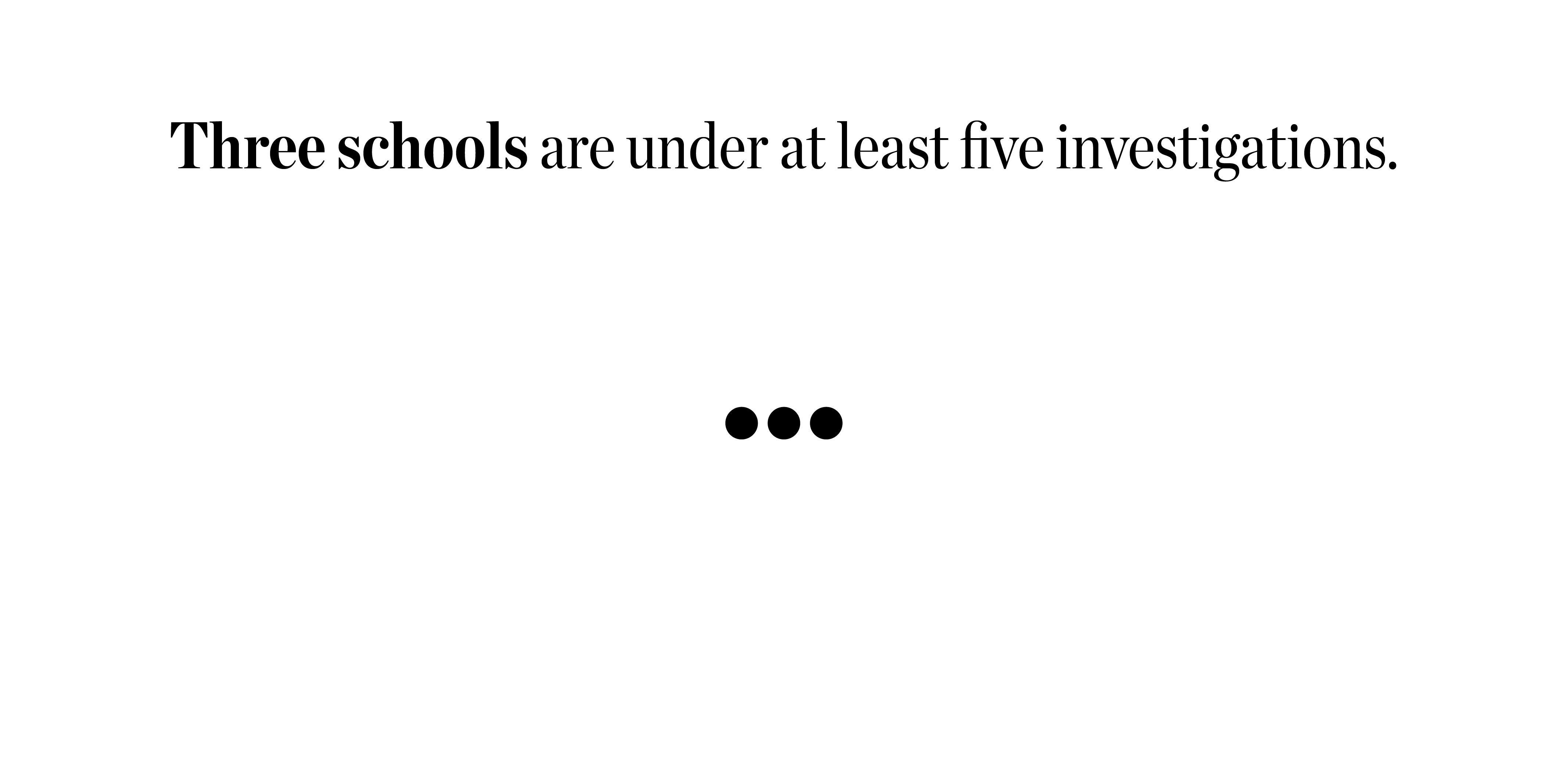
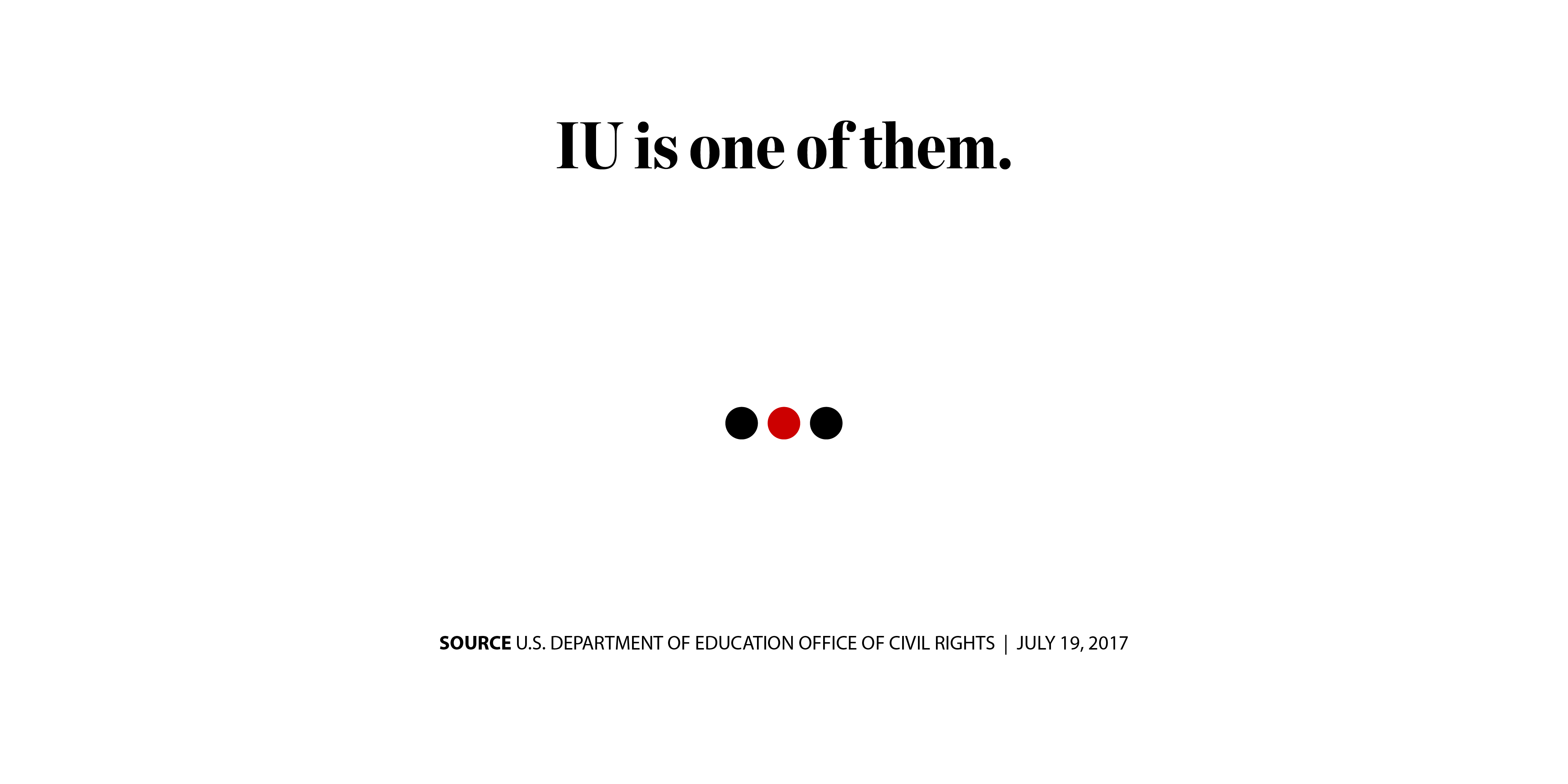
The credibility of the Office of Student Ethics took two serious hits in recent years.
In 2015, Jon Riveire, an assistant director in the office that investigates student misconduct on campus and in dorms, was fired after Bloomington police found dozens of images of child pornography on his university computer inside the Office of Student Ethics. The photos, BPD reported, showed adults having sex with toddlers. Riveire pleaded guilty to possession of child pornography and was sentenced to a year of home detention.
Then, a year later, came Jason Casares.
Casares oversaw all of IU’s investigations into sexual assault. He chaired the panel that heard Hailey Rial’s case. It was Casares, in fact, who called Hailey after the hearing to say the panel didn’t find enough evidence to support her allegation.
A month after Hailey’s case ended, a woman from New York posted a tweet accusing Casares of sexually assaulting her at a conference in Texas. Casares insisted he was innocent but resigned from the Office of Student Ethics.
Hailey, still angry about the dismissal of her case, was stunned at the news. How ironic was it that the man who oversaw her sexual assault case had himself been accused of sexual assault?
“That just took it to a whole new level,” she said.
Casares was cleared in the Texas case after an investigation by the Fort Worth Police Department.
The University still had to conduct its own investigation. Even before Casares resigned, IU announced that it was reviewing all sexual assault cases that the administrator had overseen that fall, including Hailey’s case. She was shocked a couple of months later when she learned that the review had upheld the integrity of the hearing. No one from the University had ever talked with her.
The review was conducted by an IU Maurer School of Law professor emerita who based her findings solely on information provided by the University. Julia Lamber examined IU investigation files, listened to audio recordings of the hearings and interviewed faculty members who served alongside Casares on the hearing boards. In her two-month-long review, Lamber didn’t interview a single student.
Emily Springston, the Title IX coordinator for all IU campuses, said the University didn’t want to involve students and unnecessarily open old wounds. “There was a finality to those cases,” she said. “A great deal of effort was made not to revisit a case with individual parties again, not to open something and talk to them again if it wasn’t seen as necessary.”
The review found no undue bias or erroneous outcomes in any of the cases Casares had heard that fall. Neither Lamber nor Casares responded to multiple IDS requests for comment.
Students who have been through IU’s system found the Casares review to be one more example of the Office of Student Ethics’ disregard for student input.
In the last two years, three former IU students have filed federal lawsuits claiming IU’s system is biased against men.
One lawsuit points to a blog Casares wrote, citing research that false reporting is rare. “I have learned you should always believe the complainant,” Casares wrote.
Some students, when they learn that the University’s Office of Student Ethics is investigating them, are alarmed to discover they don’t have the same rights as they would in criminal court. Dean of Students Lori Reesor, who hears appeals to IU’s sexual misconduct rulings, said there’s good reason for that.
The University’s system, she told the IDS, is designed to educate students, not to punish them.
“We understand that, developmentally, students — at least undergraduates from 18 to 22 — are in a really unique opportunity to learn and grow about their own choices and decisions and behaviors,” Reesor said. “So we’ve created a system to help them learn from that, as opposed to just being a punitive system, which is mostly what the legal system is.”
IU’s student conduct system is a precursor to the workplace, Reesor said. Allowing an attorney to speak on a student’s behalf at these hearings would be inappropriate, she said, because students need to learn to advocate for themselves.
“If you don’t take care of yourself,” Reesor said, “then who will?”
Every defense attorney interviewed for this story took issue with this attempt to brand its system as educational.
“That's a ridiculous notion,” said Bloomington attorney Joe Lozano, who frequently represents accused men in IU cases. “And I frankly, at times, think that that's used by the University to be able to kind of just do what they want.”
The website for the newly renamed Office of Student Conduct — the office that investigates all kinds of allegations, from cheating to drugs to rape — frames everything in terms of its educational benefits.
“The Office of Student Conduct can help you recover from the occasional thinking error. We are not here to punish students for poor choices. We are here to help you take responsibility for your actions, learn from poor decisions and move forward in your Hoosier experience," its website reads.
The breezy tone of this statement doesn’t reflect the gravity of what can happen to students accused of sexual assault. If the hearing officers find a student responsible, that can lead to expulsion and a permanent mark on a student’s transcript.
Students on either side of IU’s hearing table found it insulting that the University defends the system as “educational.” Exactly what kind of education, they asked, are they getting?
“If the purpose is to be educational, then they wouldn’t have real punishments with real consequences,” said a male student who was cleared last year of sexual assault charges. “That’s such unbelievable bullshit that administrators would even have the gall to say something like that.” Hailey Rial put it more simply.
“I wouldn’t want anyone else to have to learn what I learned by going through this.”